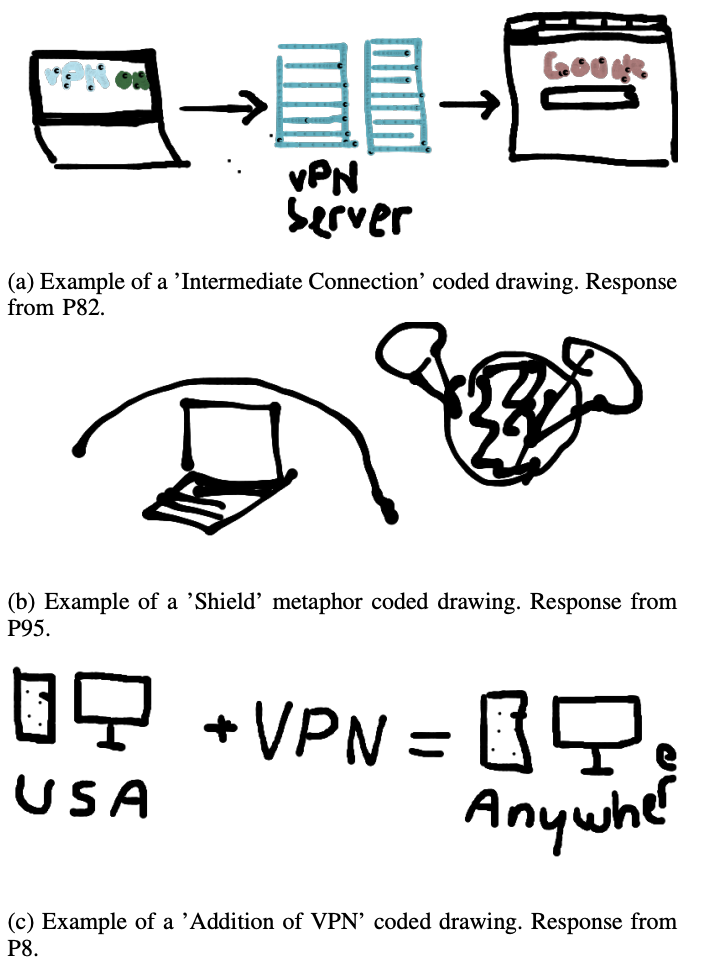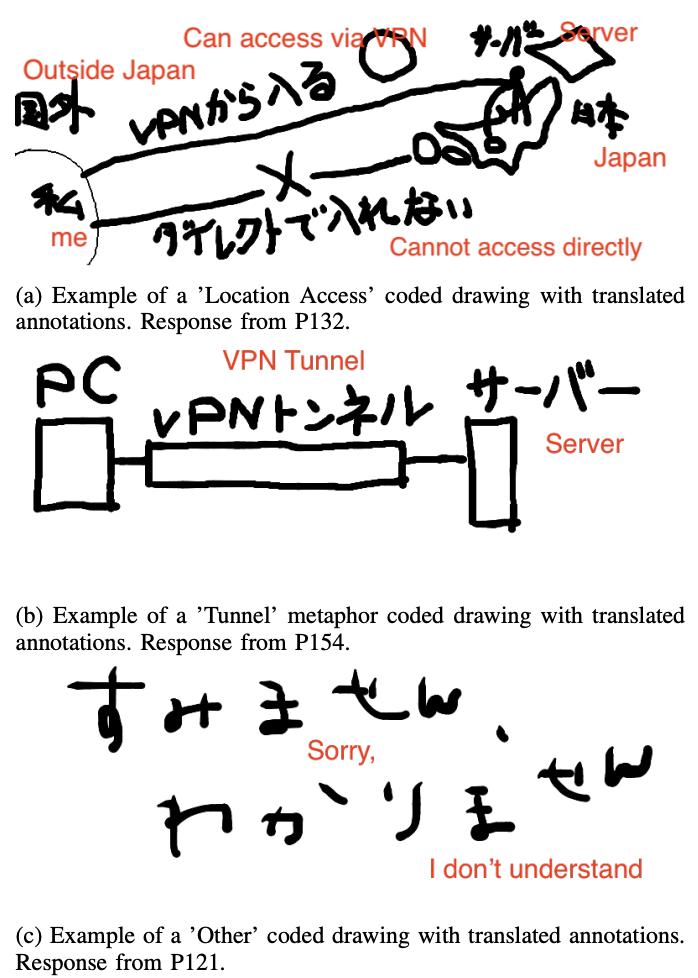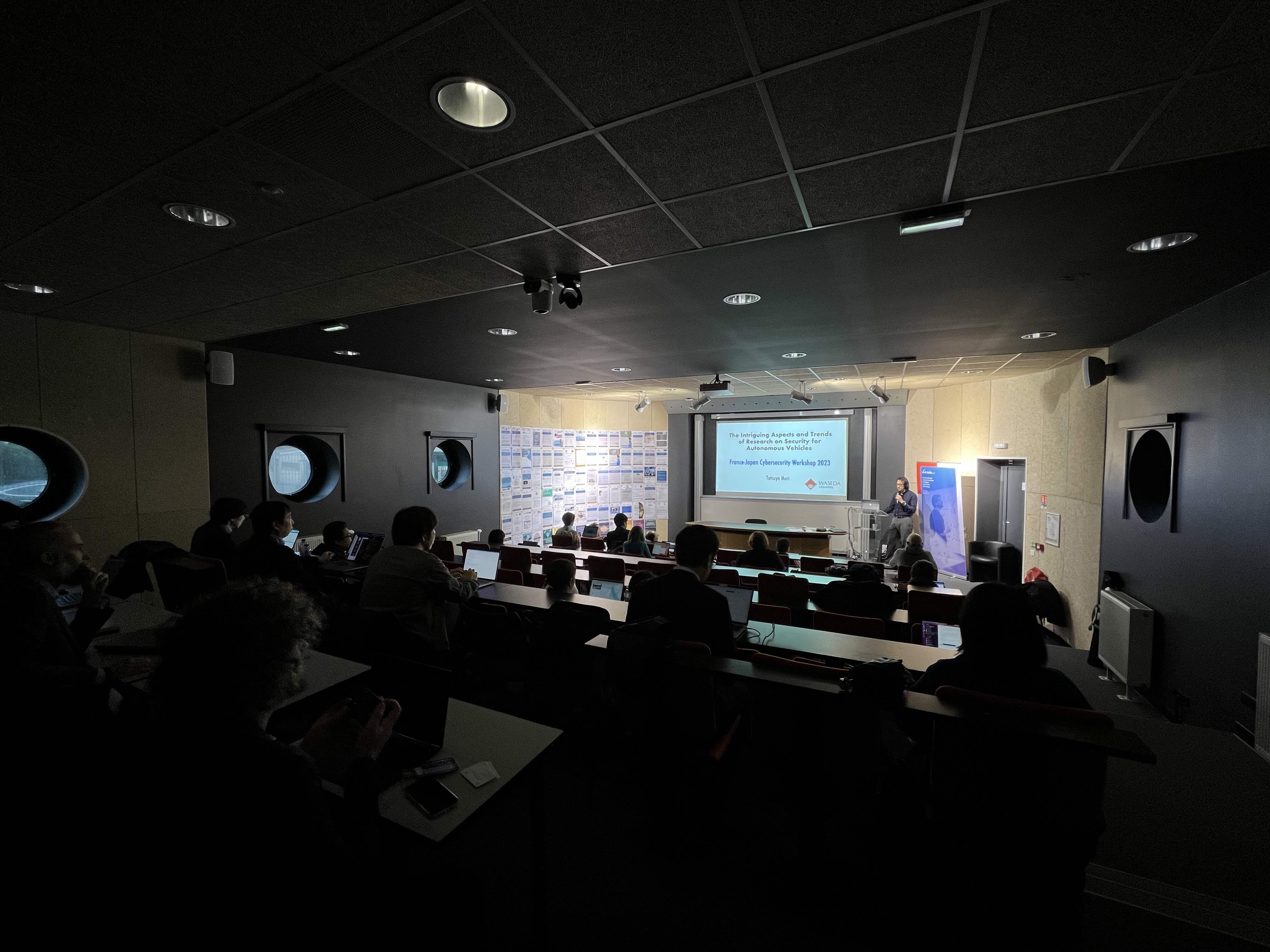We’re excited to announce that our paper, “VPN Awareness and Misconceptions: A Comparative Study in Canadian and Japanese Contexts” has been accepted for presentation at the Symposium on Usable Security and Privacy (USEC 2024). Congraturations Lachran!
Our study provides an in-depth look into the usage patterns, perceptions, and common misconceptions about Virtual Private Networks (VPNs) among users in Canada and Japan. Through a survey of 234 VPN users from these two countries, we’ve uncovered significant insights:
Cultural Variations in VPN Usage: The study reveals that Japanese users primarily use VPNs for security purposes. In contrast, Canadian users have a broader scope of VPN applications, including privacy concerns and accessing geographically restricted content.
Understanding of VPN Functionality: We found that Canadian users, despite having limited technical knowledge, have a broader understanding of VPNs. Conversely, Japanese participants displayed a deeper technical insight, particularly regarding the encryption of data in transit.
Awareness and Misconceptions: A critical observation was the limited awareness of data logging practices among VPN providers in both user groups, pointing to widespread misconceptions in this area.
This research marks a significant contribution to the understanding of VPN usage, highlighting the cultural nuances that influence the adoption and perceptions of VPNs in different regions. It offers invaluable insights into the diverse motivations and behaviors of VPN users in Canada and Japan.
Lachlan Moore and Tatsuya Mori, “VPN Awareness and Misconceptions: A Comparative Study in Canadian and Japanese Contexts“, Proceedings of the Symposium on Usable Security and Privacy (USEC 2024) (to appear)



